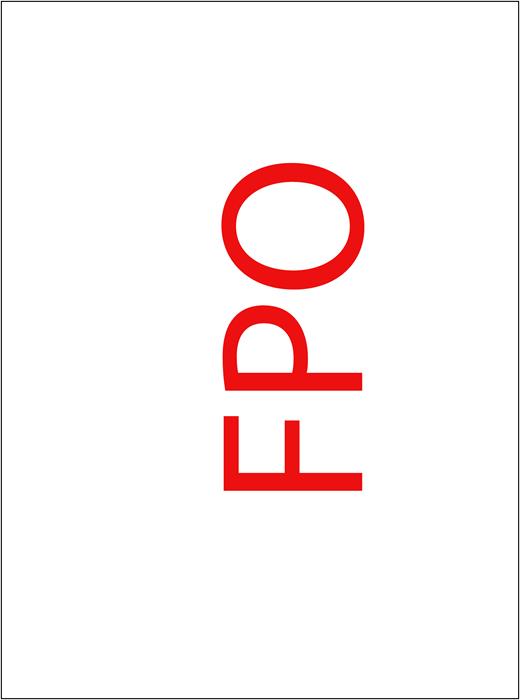Abstract
Deregulation of epigenetic mechanisms has been associated with AML pathogenesis. In an integrated transcriptomic and DNA methylation evaluation in pediatric AML, we demonstrated that reduced methylation and increased expression of DNMT3B were associated with greater genome-wide methylation and worse outcome in pediatric AML patients treated on St Jude AML02 and COG clinical trials. This epigenetic deregulation has been leveraged through use of DNA methylation inhibitors (DMTis) such as azacytidine and decitabine for treatment of MDS and AML. Given promising results in adults and relapsed pediatric AML, the multi-site AML16 clinical trial (NCT03164057) evaluated single agent DMTi "priming” followed by standard chemotherapy for the treatment of pediatric AML. Despite the use of DMTi to treat heme-malignancies, the underlying molecular mechanisms are still under investigation. Thus, we evaluated molecular in vivo response of pediatric AML cells to decitabine by evaluating paired specimens obtained at diagnosis and after five days of single agent decitabine therapy for global proteomic profiling. In a pilot study we previously showed modest correlation (10.7%) between transcript and protein levels, suggesting that the transcriptome may not be a reliable surrogate for proteomics in pediatric AML. Additionally, given that the majority of biological functions within cells are operated by proteins and most drugs target the proteome rather than the genome or transcriptome, understanding the proteomic signatures is critical. Thus, in this evaluation, we focused on decitabine-induced alterations in cellular proteomic profiles of paired diagnostic leukemic samples and 5 days post in vivo decitabine exposure from 9 patients treated on AML16. Completely automated high-resolution TMT (tandem-mass-tag) -LC/LC-MS/MS system was utilized to capture high resolution proteomic data and 10,471 proteins were detected in samples. At p<0.01, 109 proteins increased and 41 decreased post decitabine exposure. In vivoexposure to decitabine resulted in increased levels of several epigenetic regulators, including KMD6A and SETDB1. KMD6A, a histone3 lysine 27 demethylase, was recently shown to be mutated in relapsed AML and loss of KMD6A has been associated with resistance to cytarabine and daunorubicin (PMID: 31201358). SETDB1 is a methyltransferase that suppresses leukemogenesis and higher SETB1 expression has been shown to alter the promoter epigenome and reduce expression of AML associated genes such as DOCK1, HOXA9, SIX1. A recent study demonstrated SETDB1 to be negatively regulating pro-leukemic target genes thereby suppressing AML (PMID: 33054052). Among the top genes that were reduced at protein levels was DNMT3A, which is a well-established prognostic marker in adult AML. Combined, alterations in these protein levels suggest that decitabine exposure may increase sensitivity of AML blasts to chemotherapy and interfere with the leukemia program.
Of particular interest were proteins that are targetable by drugs and demonstrated increased expression post decitabine exposure such as dihydrofolate reductase (DHFR), which is essential for cellular metabolism and growth. DHFR is inhibited by the antileukemic agent methotrexate and our data suggest that DNMTi priming might increase sensitivity of leukemia cells to methotrexate. Other targetable proteins are listed in Table 1.
In summary, this pilot study provides significant insight into the DMTi-mediated proteomics changes that hold prognostic and therapeutic relevance in AML. Ongoing studies are focused on expanding the cohort size and evaluate association of proteomics with clinical outcome. Additionally, we plan to perform a multi-omics analysis by integrating proteomics with DNA methylation, RNAseq and metabolomics.
Disclosures
Inaba:Servier: Other: Grants and Personal Fees; Amgen: Other: Grants and Personal Fees; Incyte: Other: Grants; JAZZ: Other: Personal Fees; Chugai: Other: Personal Fees. Gruber:Kura Oncology: Consultancy.
Author notes
Asterisk with author names denotes non-ASH members.


This feature is available to Subscribers Only
Sign In or Create an Account Close Modal